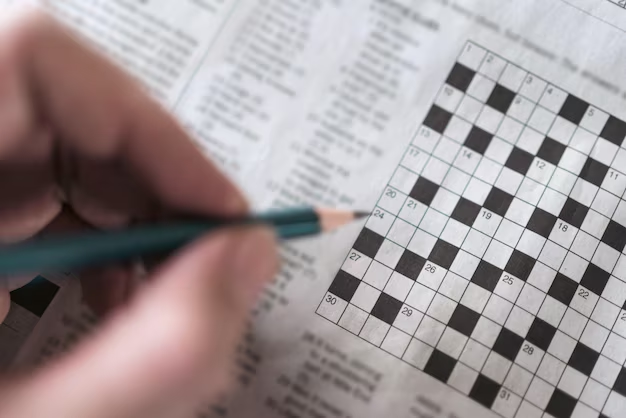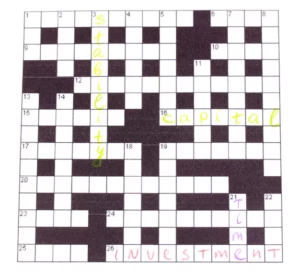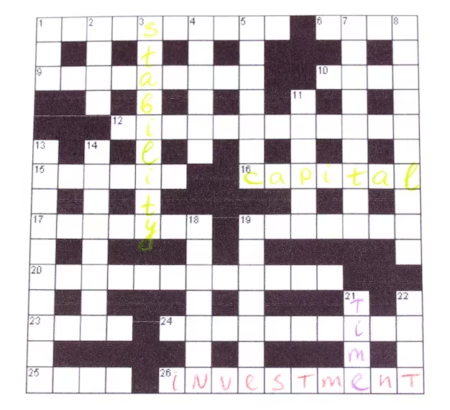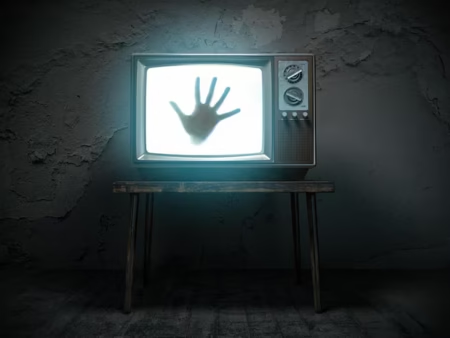There is a strange magic in the New York Times crossword—a grid of black and white squares that can command hours of our lives. It’s not just about words. It’s about wit, culture, and the irresistible pull of solving what seems unsolvable. And sometimes, a clue like “severely criticizes” can stop even the most seasoned solvers in their tracks.
The Magnetic Pull of the New York Times Crossword
It’s the daily duel between your brain and the editor’s. The thrill isn’t just in winning—it’s in the journey.
Why a Clue Can Spark Controversy
A crossword clue can be deceptively simple or maddeningly vague. And when the meaning seems just out of reach, it stirs debate, laughter, or even groans.
Understanding the Phrase “Severely Criticizes”
Everyday Use
To “severely criticize” is to lash out with words, to find fault with intensity. It’s the sharp edge of language.
In the World of Crosswords
In a puzzle, this phrase might be stripped of context, boiled down to pure synonym.
The Art of Crossword Clues
Direct vs. Cryptic Clues
A direct clue gives you the answer’s meaning straight. A cryptic clue twists it until you must untangle it.
The Dance Between Clue and Answer
It’s a tango—sometimes smooth, sometimes sharp, always deliberate.
What Could “Severely Criticizes” Mean in Crossword Language?
Common Synonyms
SCOLDS, LAMBASTS, BERATES, BASHES, REBUKES—each with its own flavor.
Popular Puzzle Answers
In NYT crosswords, “Lambastes” often makes an appearance. Sometimes “Rakes over the coals” for longer answers.
The NYT Crossword’s Unique Style
Wordplay as an Art Form
The Times rarely hands you the answer—it invites you to earn it.
Cultural References and Clever Twists
One clue might reference Shakespeare: another, last week’s viral meme.
When Clues Cause Stir
Famous Crossword Controversies
Some clues have sparked online uproar—either for political undertones or just being too obscure.

Why Solvers Sometimes Rebel
Because they care. Crossword lovers are fiercely protective of the game’s fairness.
The Emotional High of Solving
The Moment the Answer Clicks
That flash of insight is addictive—a tiny explosion in the brain.
The Frustration of the Unsolvable
When the carrot dangles just out of reach, the puzzle becomes a rival.
“Severely Criticizes” in Everyday Life
Language That Cuts Like a Knife
Criticism can sculpt us or scar us.
From Debate Halls to Family Tables
The tone may differ, but the sting is familiar.
How Crossword Clues Reflect Culture
Clues as Snapshots of Time
A puzzle is a time capsule—slang, trends, and current events all locked in tiny boxes.
The Blend of Tradition and Trend
NYT puzzles balance timeless vocabulary with the freshness of the moment.
The Psychology Behind Puzzle Solving
Why Our Brains Crave the Challenge
Solving is a reward loop—seek, struggle, succeed.
The Dopamine Rush of the “Aha!” Moment
Like finding the last piece of a jigsaw after hours of searching.
Strategies for Tackling Tough NYT Clues
Break It Down
Look for shorter answers first—let the crossings reveal the stubborn ones.
Use the Cross Letters
Even one letter can transform confusion into clarity.
The Role of Editors in Shaping Clues
Balancing Difficulty and Fairness
A good editor ensures the challenge is steep but climbable.
Infusing Personality into Puzzles
Each crossword carries the invisible signature of its maker.
The Poetry in a Perfect Clue
The Elegance of Economy
Few words, endless possibilities.
How a Few Words Can Paint a Story
Sometimes the clue is a poem, hiding its truth in plain sight.
When Criticism Turns Constructive
The Growth That Comes From Feedback
Even the toughest rebukes can sharpen skill.
In Puzzles and In Life
A solved challenge leaves you stronger than before.
Conclusion – Beyond the Black and White Squares
“Severely criticizes” is more than a crossword clue—it’s a lesson in language, patience, and the thrill of discovery. The New York Times crossword is not just a game—it’s a dialogue across time, each square a whisper from one mind to another.
FAQs
-
What is the most common NYT crossword answer for “severely criticizes”?
Often “lambastes” or “berates,” depending on the length. -
Why are crossword clues sometimes vague?
To increase challenge and reward cleverness. -
How can I get better at solving NYT crosswords?
Practice daily, study common clue patterns, and build vocabulary. -
Are NYT crossword clues ever wrong?
Rarely, but debates about fairness happen. -
Why do people love crossword puzzles so much?
They offer mental challenge, cultural connection, and the joy of solving.








